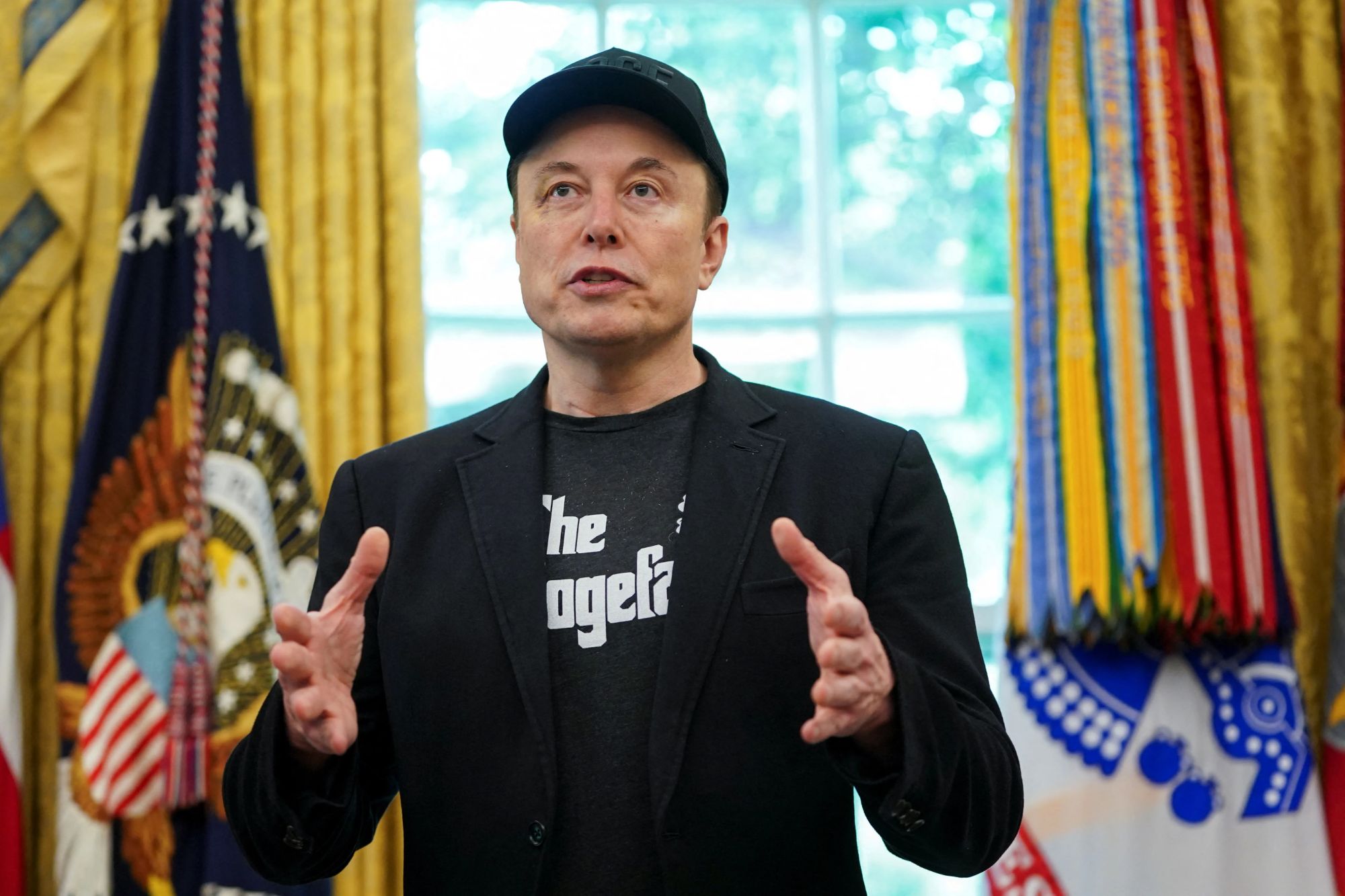UPDATE: RFK Jr.’s anti-glyphosate campaign faces intense scrutiny as the Environmental Protection Agency (EPA) appears ready to reverse its previous stance, declaring glyphosate safe. This development comes just weeks after the Make America Healthy Again (MAHA) commission criticized the herbicide, causing a potential crisis for farmers who could face losses nearing $2 billion.
The MAHA commission, led by RFK Jr., had called out glyphosate in a report outlining its perceived dangers. However, the EPA has now signaled that its forthcoming report will affirm glyphosate’s safety if used as directed. This sudden shift is causing concern among farmers who heavily rely on this herbicide for crop production.
Developing news reveals that two weeks ago, an unnamed EPA official hinted at the report’s findings, stating it would ultimately support glyphosate’s continued use. This has sparked a fierce debate between public health advocates and agricultural interests, highlighting the complicated intersection of health policy and farming practices.
Meanwhile, in education, a new movement spearheaded by Jim Simons’ daughter, Liz Simons, is igniting controversy in K-12 mathematics. Reports indicate that this initiative aims to overhaul math education by integrating social justice principles, a move criticized for potentially undermining academic rigor. Critics argue that there is no credible evidence supporting the efficacy of such changes.
The involvement of the Gates Foundation in promoting these reforms has intensified backlash from parents and educators, who fear the removal of traditional math elements could harm students’ performance. Despite prior improvements in black student achievement linked to rigorous math instruction, this new approach is being pushed forward amidst fierce opposition.
Urgent commentary from experts highlights the risk of prioritizing social justice over academic integrity, raising fears that disadvantaged students may be the ones suffering most from these reforms.
In a separate development, former antitrust lawyer Roger P. Alford has voiced alarms over lobbying practices within the Justice Department. He warns that true MAGA reformers are being undermined by lobbyists who have cultivated connections with senior officials, including Chad Mizelle and Stanley Woodward. Alford emphasizes the necessity for ethical lobbying practices to maintain public trust.
On the political front, California Governor Gavin Newsom is facing criticism as he positions himself as a contender for the presidency. Analysts warn that his controversial leadership in California, marked by a significant net population loss and affordability issues, may hinder his appeal to a national audience. Observers caution that Democrats must be strategic about their support, as backing a candidate with vulnerabilities could be detrimental.
Finally, in the tech realm, industry giants like Elon Musk and OpenAI’s Sam Altman are advocating for a wealth redistribution system in response to potential job displacements due to AI. Critics, including The Wall Street Journal’s Jason L. Riley, argue that universal basic income is an outdated concept that could foster dependency rather than encourage productivity.
This urgent commentary underscores a growing fear that shifting resources from workers to those unwilling to work could lead to societal resentment and further economic challenges.
As these issues unfold, the implications for health, education, and politics remain profound. Readers are urged to stay informed as the landscape continues to evolve rapidly.
